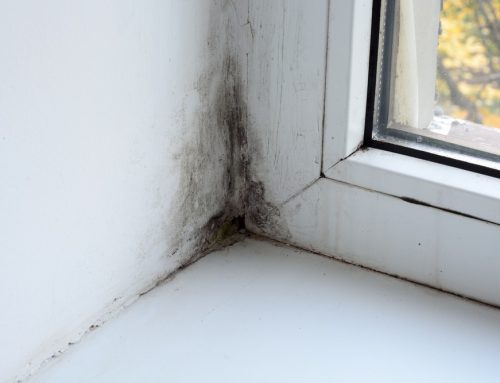Top Bathroom Cleaning Tips
If the bathroom is not kept clean, it can very quickly turn into a health hazard for the family. Things like blogged sinks, showers and baths, the build-up of limescale on taps and shower heads, and even mould appearing on different surfaces such as tiles and grout.
Here Johnson House cleaners have put together a short bathroom cleaning guide, to help keep your bathroom in great condition at all times:
-
Bathtub
Acrylic / Fibreglass
The bath should always be well cleaned and rinsed after use, to ensure it doesn’t become stained, and to keep bacteria, scum and limescale at bay. This can be easily achieved with the use of a general bathroom cleaner. If you live in a hard water area, then also pay attention to thoroughly cleaning the taps, to keep them free from limescale.
Pressed Steel / Cast Iron
We would recommend as above, but to make sure you only use products which are suitable for this type of surface along with a dry cloth. Some of the limescale fighting products can cause issues with enamel and so vinegar and water can be a safer alternative here. Try to keep vinegar away from the taps, but it will work great on the pressed steel / cast iron surface for cleaning.
Whirlpool Baths
Whirlpool baths can be great to have in the home, but they do require a bit more maintenance than a traditional bath tub. Its important on a weekly basis to fill the bath and add a cleaning agent to help keep the pipes clean and free from limescale and scum. The circulating pump should be run for about five minutes, drained and then the process repeated with clean water.
-
Basin
The basin should always be cleaned and then dried after use. The basin can be cleaned with the general all-purpose bath cleaner and or a cloth. Attention should be paid to rinsing the plughole area, as if a residue of cleaning agent is left it can damage or discolour the plughole.
-
Grout and Sealant
It is important to keep the grout and sealant clean, as if left unchecked it can turn into a much bigger job down the line. They should be sprayed on a regular basis with a quality anti-fungicidal spray to keep mould growth at bay. An old toothbrush with a 4:1 water to bleach solution can is a good method to keep the grout from discolouring.
-
Showers
After the shower is used it is important to vent the area thoroughly. This includes opening the shower door or curtain and turning on an extractor fan if you have one. This will disperse the moisture in the room, that can cause mould growth. Its also a good idea to wipe down the tiles to avoid watermarks, using a bathroom cleaner on the shower tray, followed by rinsing and drying.
-
Shower Curtains and Screens
If you have a nylon shower curtain in your bathroom, these can be washed easily in the washing machine when required. This is recommended once a month to keep limescale and scum at bay. If the curtain is not machine washable then it is best to do this process by hand using a suitable detergent. If you do have mould stains on the curtain, then some heavy soaking in hot water is beneficial prior to cleaning.
Shower cubicles and bi-fold doors need to be cleaned regularly to prevent limescale and scum forming. One of the best and cheapest methods for this is to use a vinegar and water solution, to keep them sparkling clean and free from bacteria.
-
Showerheads
Keeping your showerhead clean is also very important. In hard water areas limescale can build up very fast and block the jets in the head. There are lots of options available for this, but the cheapest option is to use vinegar and water again. The head can be soaked in a vinegar and water solution for an hour or two, and then rinsed thoroughly (this is not suitable for gold plated fitments).
-
Taps
Taps should always be kept clean after use. Toothpaste can cause damage, and if you can they should be wiped clean and dried after every use. It is important to just use soft cloth on the taps and never anything that is even slightly abrasive, as they can be damaged easily.
-
Toilet / WC
With the toilet, you can either use an in cistern cleaner or a good bleach disinfectant cleaner for the inside of the toilet bowl. The outside of the WC can be cleaned with an all-purpose bathroom cleaner. Also pay attention to the WC handle as these do transmit a lot of bacteria. Its also a good idea to put a cup of baking soda and let it sit overnight once a week to help neutralise any odour.
-
Toilet Brush
The toilet brush is probably the worst culprit for bacteria and so therefore particular attention should be paid to keeping this as bacteria free as possible. One of the easiest ways to achieve this, is once a week to rest the toilet brush in the bowl and add bleach. You can then just allow this to stand for 20 minutes or so. In the meantime, you can fill the WC brush container with a hot soapy water solution.
Johnson House cleaners are experts in keeping bathrooms sparkling clean across Manchester. If you need a cleaner we cover Bury, Prestwich, Whitefield, Radcliffe, Bolton, Salford, Rochdale, Heywood and all surrounding areas for all your home cleaning needs.
Please contact our friendly family run team right away to book your expert cleaner on +44(0) 161 280 7193




